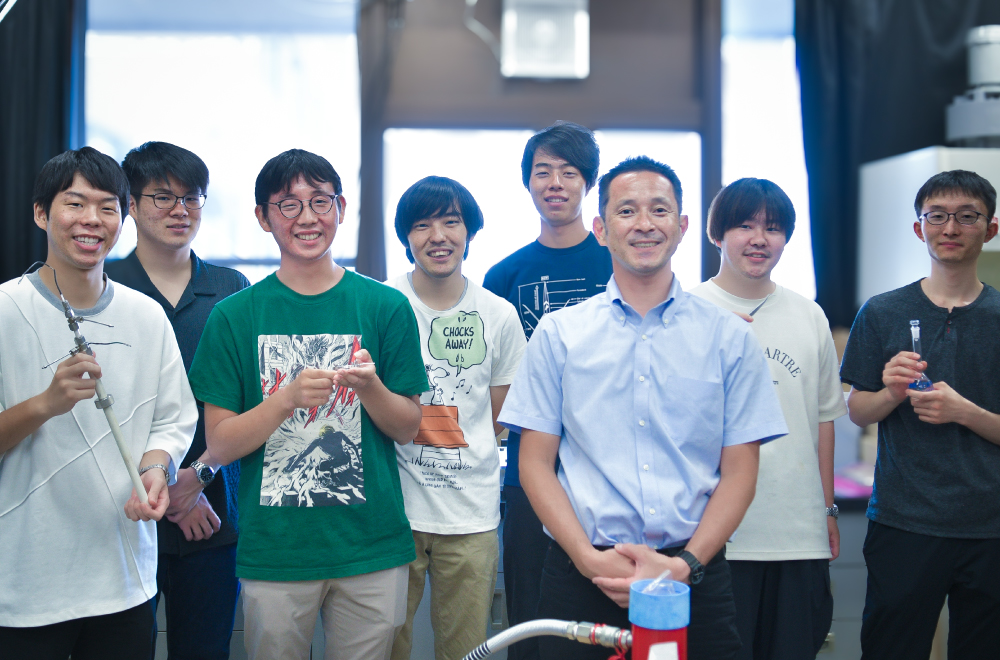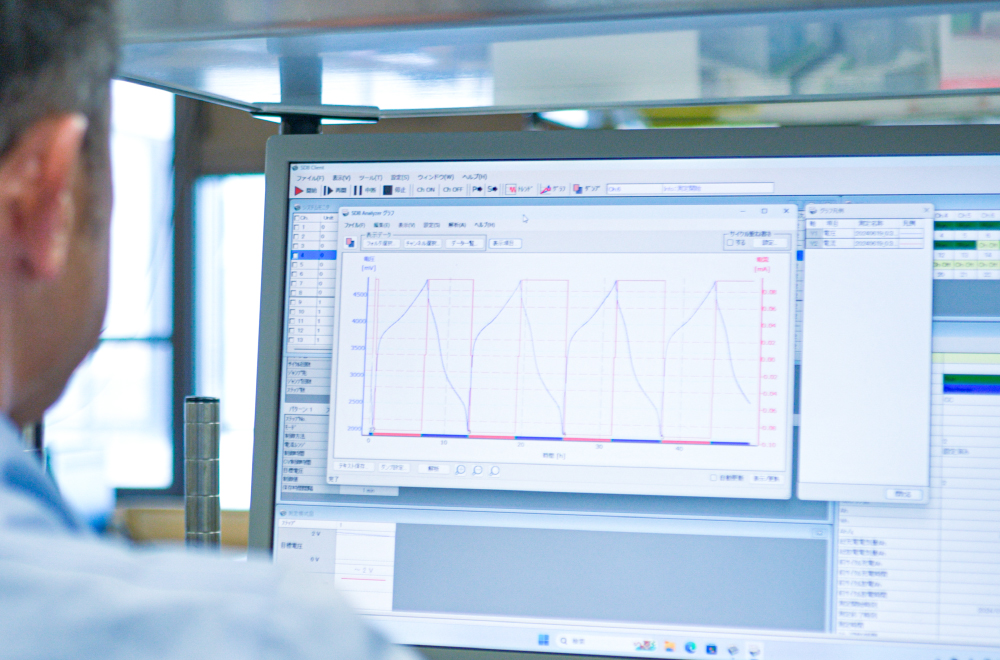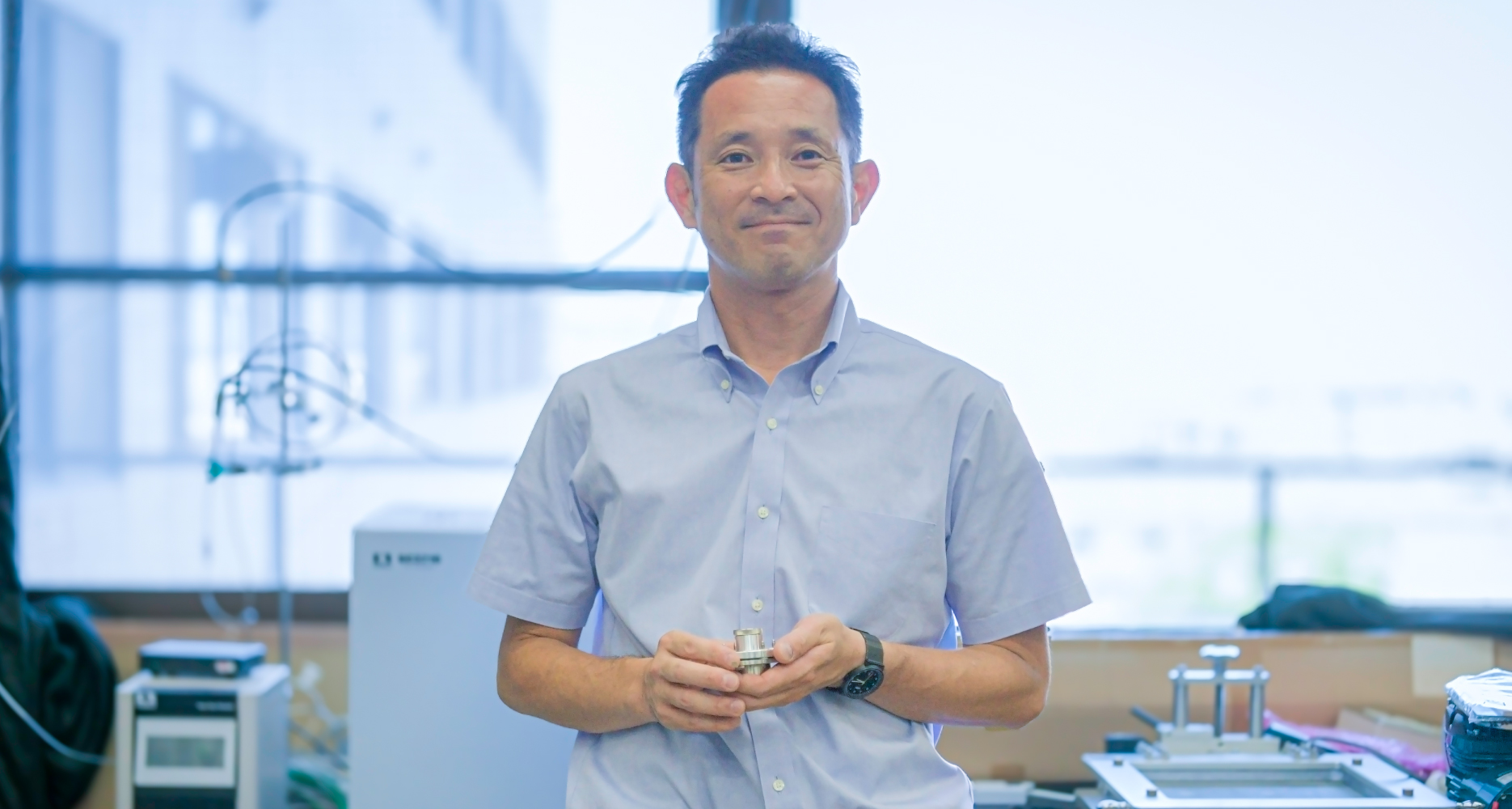
Seven Degree ProgramsMechanical Science Program
The goal of the program is to foster highly skilled engineers and researchers who possess the problem-solving capabilities to contribute to advanced manufacturing and the formation of a safe, secure, comfortable, and sustainable society. This is achieved through the integration of expertise in Mechanical Engineering, focusing on its key components: Materials Science, Energy Systems, Intelligent Machines, and Production Engineering.
By building upon Mechanical Engineering as a foundation, the program emphasizes the need for higher specialization and comprehensive perspectives to solve complex problems. The research and development areas include:
Development of high-performance materials for machinery and structural applications.
Effective utilization of thermal and fluid energy technologies.
Control systems development to enhance automation and system efficiency.
Biomedical engineering technologies that connect engineering with healthcare, such as medical devices and rehabilitation tools.
Advanced design, production, and processing technologies to innovate manufacturing methods and materials processing.
Development of cutting-edge measurement technologies to monitor and optimize systems in real-time.
The program aims to cultivate individuals with creativity, strong research capabilities, and advanced knowledge in engineering technologies. By fostering these attributes, the program contributes to the creation of a next-generation sustainable society.
- Target Fields of This Program
-
- Materials Science Field
- Energy Systems Field
- Intelligent Machines Field
- Production Engineering Field
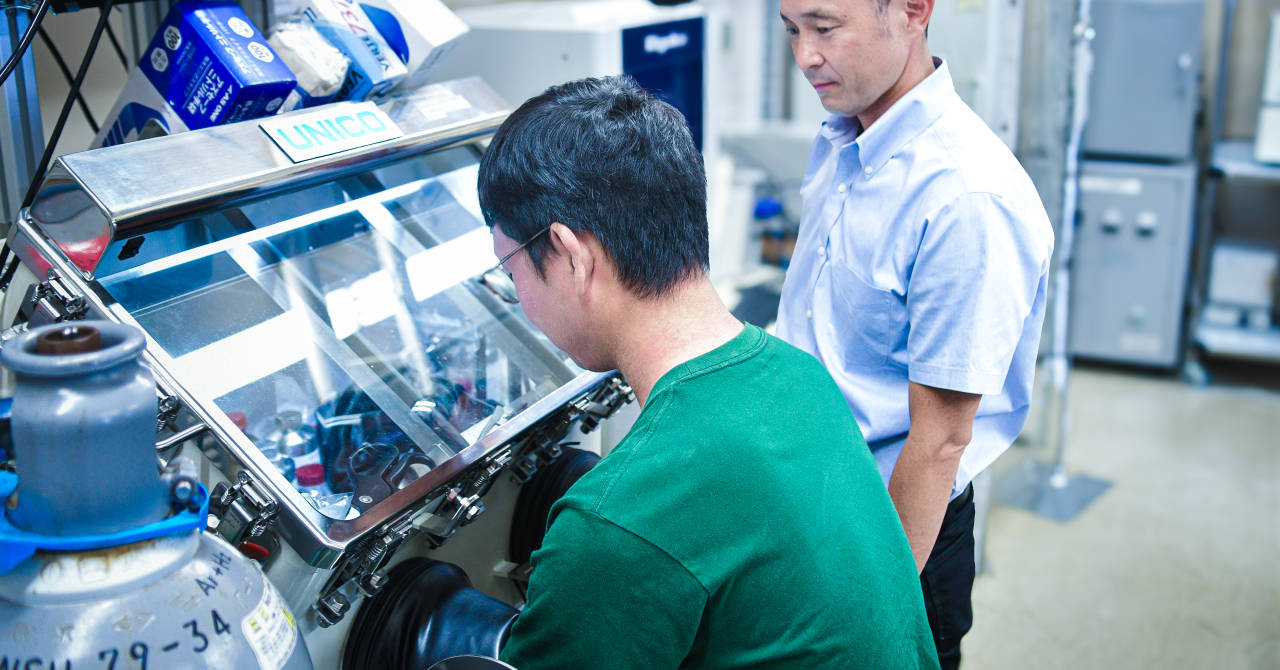
Environmentally Friendly Energy:
Electrochemical Devices Using Ceramic Materials
Research on Electrochemical Devices for High-Efficiency Energy Conversion
In line with the goal of contributing to the achievement of a technology-driven society harmonized with the global environment, we conduct research on electrochemical devices (such as batteries, fuel cells, and solid-state lighting) for high-efficiency energy conversion technologies. Our focus is mainly on the ion and electron movement phenomena in inorganic solid materials (ceramic materials) and the use of synchrotron radiation and other quantum beam spectroscopic methods to study electron and crystal structures.
Development of Energy Conversion Materials for a Sustainable Society
Hydrogen energy is gaining attention as an environmentally friendly energy source. We are conducting research on solid-state fuel cells, which efficiently convert hydrogen energy into electrical energy, as well as on solid oxide electrolyte cells that generate hydrogen from steam. Additionally, we are researching high-capacity cathode materials for lithium-ion secondary batteries, which offer the highest energy density among storage batteries, and we are also working on phosphor materials for solid-state lighting, which are essential for our daily lives.
Understanding Ion and Electron Movement Phenomena and Designing High-Performance Materials
In solid materials (ceramics), the movement of ions and electrons is key to their function as battery materials and phosphor materials. Solid materials that are in equilibrium with their surrounding environment do not strictly follow the law of definite proportions; they have a certain range of non-stoichiometric compositions. By actively introducing defects into inorganic solid materials, we create materials with large non-stoichiometric compositions and control their ionic/electronic conductivity, mechanical properties, and catalytic characteristics.
Fuel cells provide a high-efficiency power generation solution using hydrogen, a next-generation energy source. The only exhaust produced during power generation is water, making fuel cells an environmentally friendly energy solution. Solid oxide fuel cells (SOFCs) and solid oxide electrolysis cells (SOECs), which operate at high temperatures, exhibit high efficiency. These cells are entirely made from ceramic materials, and the movement of ions (oxide ions, protons) and electrons in these solids is heavily dependent on their defect structures. Lithium-ion batteries (LIBs) are known for their high energy density among secondary batteries. To further improve the performance of LIBs, we are studying lithium-excess layered oxides, which are high-capacity cathode materials. Additionally, we are researching the mechanical strength of all-solid-state LIBs.
Compared to incandescent lamps and fluorescent lights, solid-state lighting is rapidly gaining popularity due to its high energy conversion efficiency. In solid-state lighting, ceramic materials are used as phosphor components in the light-emitting sections. We are working on improving the color rendering, illuminance (efficiency), durability, scattering properties, and design flexibility of solid-state lighting, as well as developing new oxide phosphor materials.
Contributing to Energy Solutions and Looking Ahead to the Future
We are part of the generation witnessing the global energy transition. By learning how to safely and effectively use hydrogen, and gaining knowledge in the essential areas of energy storage such as batteries for renewable energy storage, we are preparing for the future. Research and development on lithium-ion secondary batteries with high energy density, particularly for use in electric vehicles, is advancing worldwide. Let us become researchers and engineers who actively contribute to energy innovation and play a part in green transformation.
Creating Innovation through the Discovery of New Materials
To achieve a carbon-free society, we need breakthrough technologies that do not rely on existing methods. We are actively working on the creation of new materials that have not yet been discovered. Our hope is that more people will join us in this exciting and fulfilling research journey.
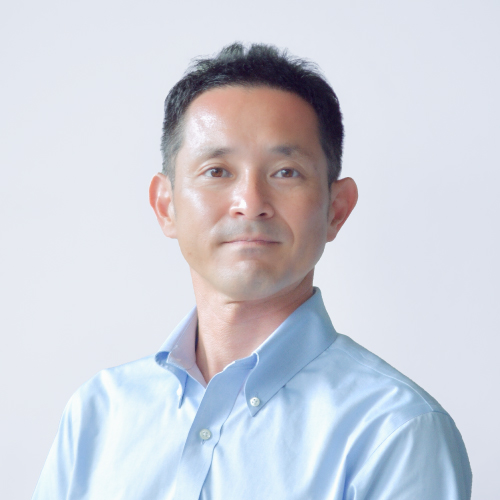
Oishi MasatsuguProfessor
The time spent in a doctoral program, where one can dedicate themselves intensively to understanding and elucidating academic principles, is truly invaluable and irreplaceable. In today's complex world, a PhD not only serves as a foundation of personal support but also provides the knowledge gained, which becomes the source of strength to move forward on one's own path. Step forward into a world yet to be discovered.
